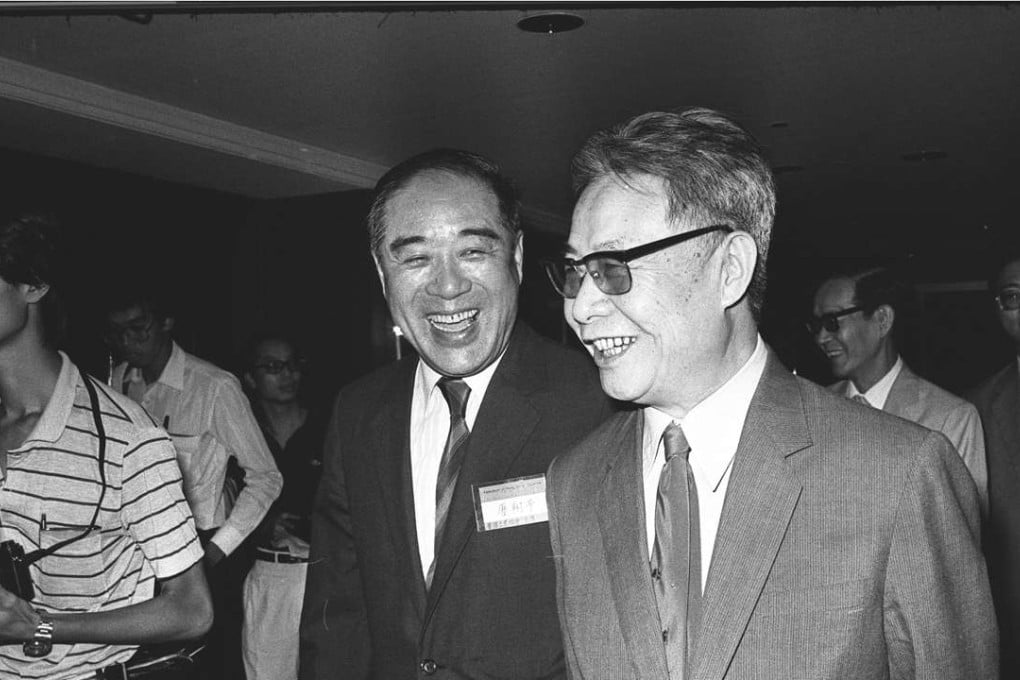Mind the Gap | Hong Kong is paying for this one mistake in its early political culture
Sourcing leadership from the business community produced a generation ill-equipped to govern the city in the post-colonial era

Few officials in the history of Hong Kong and China played as crucial a role in redefining the relationship between the city’s business establishment and Beijing than Xu Jiatun. Between 1983 and 1990, Xu was Beijing’s top official in Hong Kong. He was head of the Xinhua news agency, which was China’s de-facto embassy in British Hong Kong before it was replaced with the China Liaison Office.
Before becoming a victim of turbulent political events, Xu had to bridge an era of unimaginable business, economic and social uncertainty. It occurred a generation ago and young people today cannot even imagine the difficulties in the run up to the 1997 handover and how Hong Kong’s future would be affected by decisions taken or not taken at the time.
...this period cultivated an ardent group of sycophants who would espouse any pro-China policy in Hong Kong merely to advance themselves
After Tiananmen Hong Kong’s utter desperation bathed the city like a fine ether. It was most palpably detected from the nervous postures of the tycoons and taipans. A group of Hong Kong’s richest businessmen led by Helmut Sohmen, the Austrian son-in-law of shipping magnate Pao Yue Kong, attempted to set up a plan to pay Beijing HK$10 billion to lease the territory for 10 years from 1997. The goal was to delay rule by Beijing and practise self rule. Today, such a scheme sounds like a political thriller, but Tiananmen scared them so badly that any idea that could protect their businesses was worth trying.

Xu apparently told them that the plan was unlikely to be entertained by the Chinese leadership, but nonetheless passed it onto them. In retrospect, even the mere suggestion of such a proposal could have amounted to treason. But the panic enveloping Hong Kong spawned numerous, poorly conceived ideas before the inevitable wave of 90s emigration. Tycoon Stanley Ho Hung Sun boldly suggested in a local television interview that the United Nations might be persuaded to administer Hong Kong.
Basic Law Drafting Committee members petitioned Beijing for a delay in the resumption of sovereignty and to allow the British to continue their administration. A public disclosure of such a controversial proposal would have represented a tremendous loss of face on Beijing.
